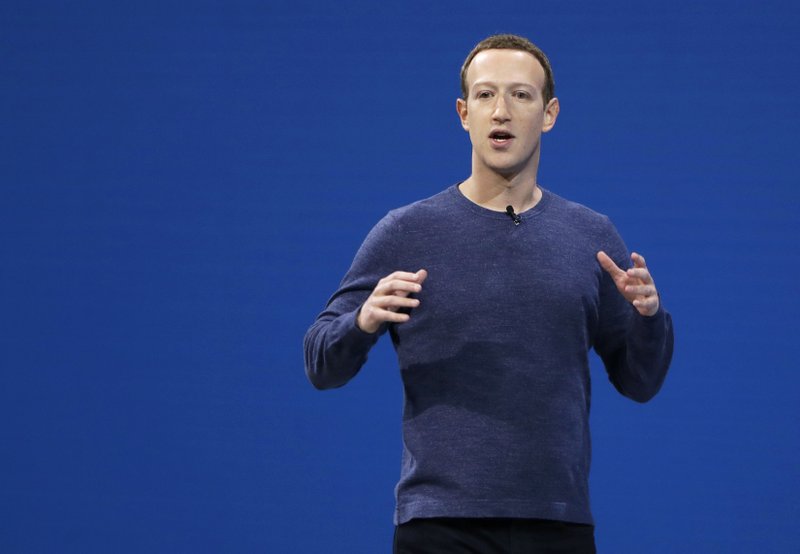Facebook CEO Mark Zuckerberg says the company is evaluating how it should handle “deepfake” videos created with artificial intelligence and high-tech tools to yield false but realistic clips.

In an interview at the Aspen Ideas Festival Ideas Festival in Colorado on Wednesday, Zuckerberg said it might make sense to treat such videos differently from other misinformation such as false news. Facebook has long held that it should not decide what is and isn’t true, leaving such calls instead to outside fact-checkers.
But Zuckerberg says it’s worth asking whether deepfakes are a “completely different category” from regular false statements. He says developing a policy on these videos is “really important” as AI technology grows more sophisticated.
WATCH: Facebook refuses to delete doctored video of Nancy Pelosi shared by Trump supporters

Facebook, like other social media companies, does not have a specific policy against deepfakes, whose potential threat has emerged only in the last couple of years. Company executives have said in the past that it makes sense to look at them under the broader umbrella of false or misleading information. But Zuckerberg is signaling that this view might be changing, leaving open the possibility that Facebook might ban deepfakes altogether.
Doing so, of course, could get complicated. Satire, art and political dissent could be swept up in any overly broad ban, creating more headaches from Facebook.
Other false videos could still get a pass. For instance, the recent altered video of House Speaker Nancy Pelosi that made her sound like she was slurring her words does not meet the definition of a deepfake.



Comments